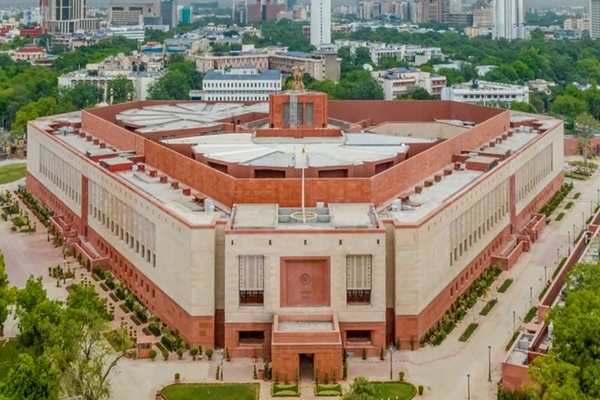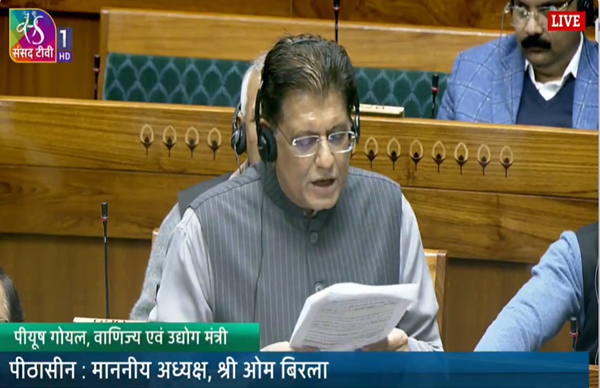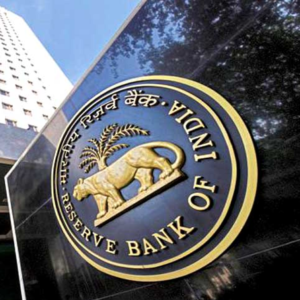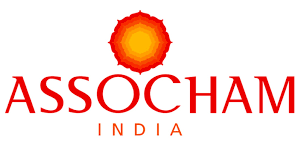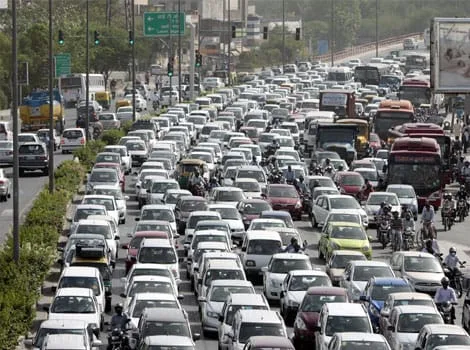
Last Updated on August 13, 2025 10:07 am by BIZNAMA NEWS
Staff Reporter / New Delhi
India’s flagship highway programme is plagued by inflated costs, weak oversight, and tolls that never seem to end, according to a searing report by Parliament’s Public Accounts Committee (PAC).
The committee, chaired by K.C. Venugopal, says a shadow economy of sub-contracting is hollowing out project quality. Large concessionaires often farm out work to layers of smaller contractors at throwaway prices, pocketing profits without executing much themselves.
In one glaring case, a section of Kerala’s NH-66—approved at ₹3,684.98 crore—was sub-contracted for just ₹795 crore, a 78% cut. Across 20 packages reviewed, the average contract value was barely half the sanctioned amount. The PAC warns such deep cost squeezes are “red flags” for downgraded designs and poor construction standards.
The report cites the collapse of Kooriyad bridge as a symptom of the problem—caused by faulty geotechnical surveys, lax design vetting, and a compromised system where consultants are chosen by contractors, “independent” engineers look the other way, and NHAI approvals have become mere rubber stamps.
Equally scathing is its indictment of “perpetual tolling.” A policy change in 2008, reinforced in 2023, allows tolls to continue even after project costs are recovered, with annual rate hikes of 3% irrespective of road quality. Tolls are often charged on incomplete stretches without service roads or safe lanes. The PAC questions why motorists should “pay for what you don’t get” and calls for a FASTag-based refund system, similar to automated tax rebates.
Despite 5.5 crore active FASTags, malfunctioning scanners, poor enforcement, and the absence of recharge points at toll plazas cause long queues and frayed tempers. The panel wants real-time traffic dashboards and powers for district officials to suspend tolls during emergencies or mass gatherings.
Perhaps the gravest finding is the absence of adequate safety infrastructure. Many high-speed corridors lack ambulances, trauma care, or highway patrols, leaving accident victims stranded. Thousands of identified blackspots remain unrectified. The PAC demands GPS-tracked rescue vehicles, integrated control rooms, and genuine legal protection for Good Samaritans.
From “paper” approvals to “forever” tolls, the report paints a system where accountability collapses once the tender is awarded—leaving taxpayers and motorists to foot the bill in more ways than one.

